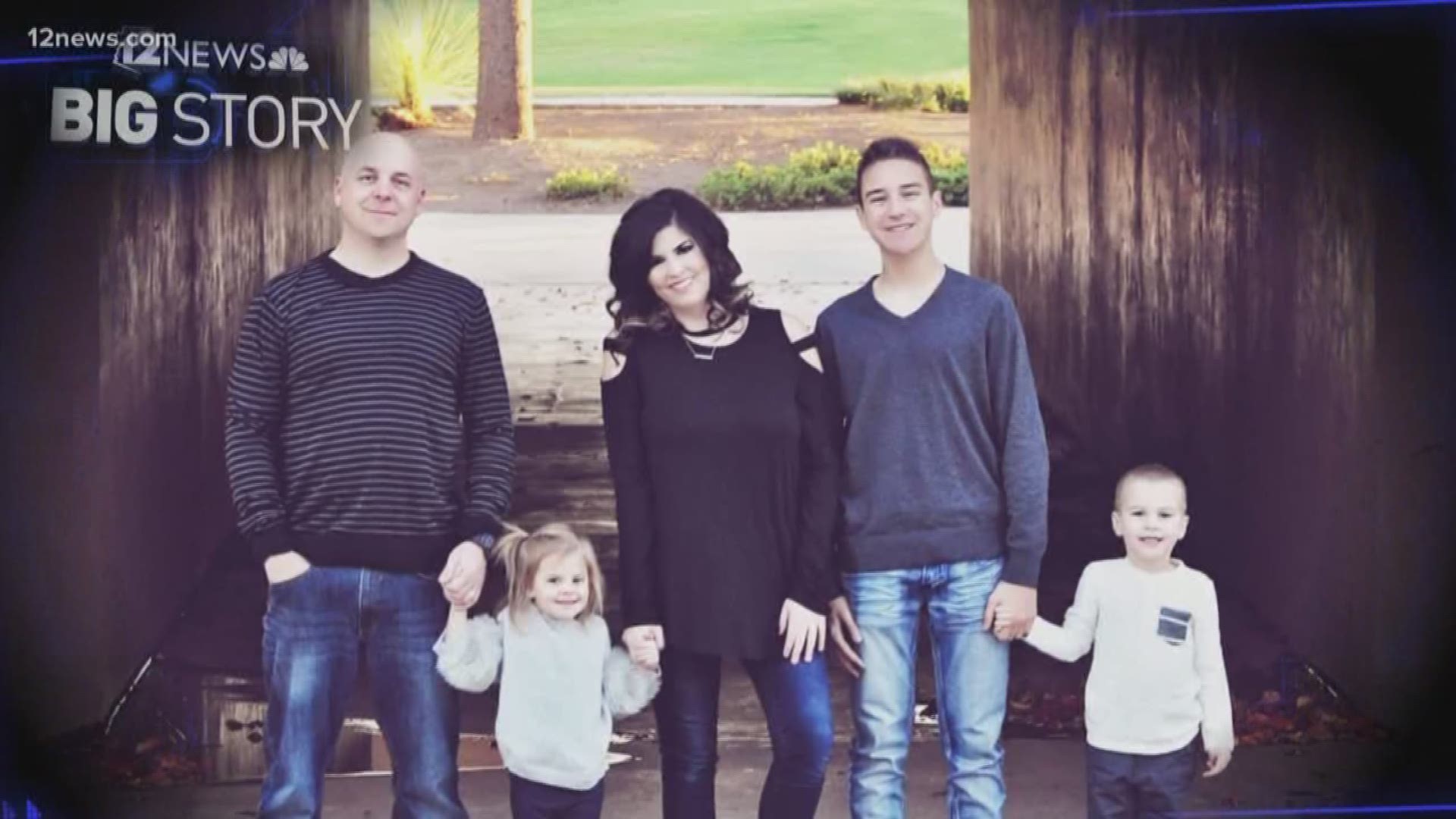SACRAMENTO, Calif — When a gas leak happens, you could see a white cloud of gas, hear a hissing sound, smell sulfur in the air, or notice nothing at all.
Whether it happens inside or outside your home, gas leaks can be extremely dangerous.
Joe Garcia, the director of respiratory services with Central Valley Market Tenet Healthcare, and Brandi Merlo, a spokesperson for PG&E, discuss what to do in the event of a gas leak, what to do after and how to protect yourself from having to deal with a leak.
RELATED:
What to do if a gas leak is suspected
Merlo said is someone smells, hears, or sees a broken line, they should avoid using electricity or matches to limit the possibility of creating a spark or an explosion.
If the gas leak is in the home, Garcia said people should open windows and exterior doors and leave their home. If the gas leak is outside, Merlo said people should leave the area.
In either case, call 911 first, then your gas provider. After authorities arrive, Garcia said that people should consider seeking medical attention, even if they do not think they have symptoms, which could include:
- Eye irritation
- Coughing
- Chest pain (similar to a heart attack)
- Cold symptoms
- Fatigue
- Dizziness
"It is too easy to be seriously affected by gas," Garcia said.
He also noted how medical professionals can administer a specialized blood test that will show how much the gas leak affected the person. People who smoke are at a higher risk of having medical issues due to a gas leak.
After a gas leak
After a gas leak, there may be some gaseous particles that stick to your clothes and furniture in your home. Garcia said it would be best to clean them as best you can to make sure you are not breathing in those particles after the leak has been diffused.
Also, monitor your health for any symptoms related to a gas leak and seek medical attention, if necessary.
Merlo noted technicians have gas detection equipment and can help homeowners detect where a leak is occurring, but they cannot help you fix it.
"We take care of the gas meters," Merlo said. "Crews do not fix leaks inside the home."
Merlo said to have leaks repaired, the homeowner should contact a contractor or plumber.
How to avoid a gas leak
PG&E crews inspect areas for leaks using a sensitive, leak-detection technology to try and catch leaks in the PG&E controlled pipes. Merlo said PG&E tries to avoid leaks as much as possible and that one way people can help is by calling 811 before digging.
"It's not just for gas lines, there are a lot of lines underground," Merlo said.
When a person or contractor calls 811, PG&E can make sure the person who is going to dig knows where gas and electric lines are so they don't get hit and cause an outdoor leak. These types of leaks are caused by what PG&E calls "dig-ins," when someone digs into the pipe, and they can be especially dangerous.
"Just a small spark can set it off," Merlo said.
Garcia said people should make sure a carbon monoxide detector is installed and working to help prevent leaks at home.

